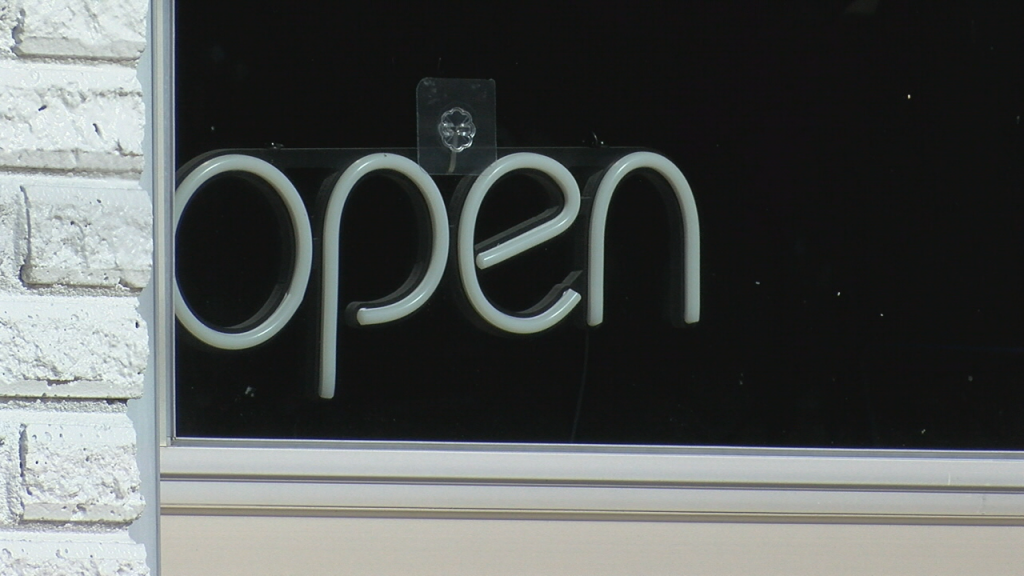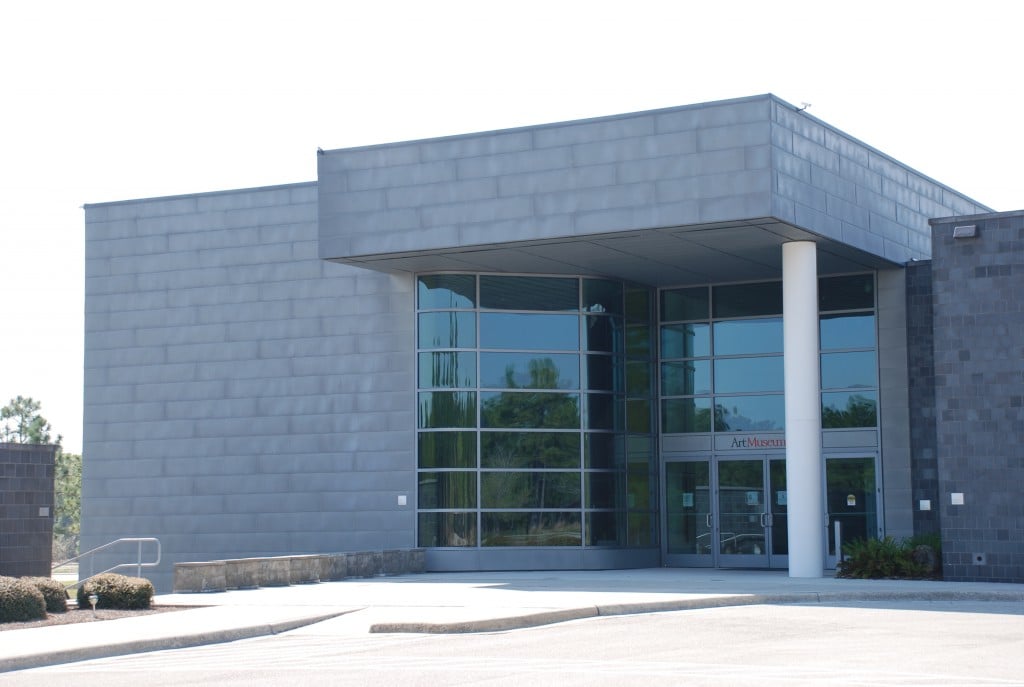Southeastern Mental Health Center facing budget shortfall
WILMINGTON — The Southeastern Center for Mental Health treats thousands of patients throughout our area and is facing a multi-million dollar budget shortfall.
Center Director Art Costantini has asked the state for money. The state said to ask the county — then the county commissioners said to ask the state again.
The center’s director says the $2 million shortfall resulted from a combination of problems, from a computer glitch to fewer funds from the state.
Costantini says the shortage was the result of more clients and more services offered.
Costantini blames computer software that didn’t track expenses, but also admits the center should have done a better job keeping up with the budget.
The computer issues have now been fixed, but to compensate for the money shortage Costantini plans on taking a closer look at the care patients are receiving.
He said, “We’re going back and looking to see what is medically necessary- what level of services how many services should people get and what’s appropriate for their level of needs.”
The state says if there is any extra money to go around it will try to help Southeastern Mental Health.
Costantini says he doubts the center will see any more money, but regardless, believes his patients are still receiving adequate care. He says there will probably be additional problems across the state.
The federal government has just held back $175 million earmarked for North Carolina mental health until the state can do a better job accounting for where their dollars are going.
Mental health care in correction facilities
The January death of Brunswick County inmate Senaca Vaught prompted local officials to take a closer look at the mental health systems in our jails.
Vaught, a morbidly obese inmate, died of suffocation after an altercation with officers just one week before a scheduled mental health evaluation.
Typically evaluations are made almost immediately when inmates with suspected mental illness are sent to jail. But staff members face bumps in the road: sometimes there’s not enough money, or time, or trained therapists to meet the needs of inmates.
Brunswick County Manager Marty Lawing said the problems began when the state stopped providing mental health services to local jails.
Now the state oversees the system and it’s counties’ responsibility to find a provider for inmates, which can be challenging.
Costantini says the system still needs to step it up. He said, “I think we’ve got a ways to go in terms of refining our relationship between the mental health community and the jail community. We are not doing a nearly as good job as we could and should and that needs to be brought forward in a much more systematic way.”
Costantini says inmates who need urgent care are usually seen within 24 hours. Those who don’t need emergency attention will get the first available appointment.
Costantini says it’s almost like booking an emergency or non emergency doctors appointment. It’s important to note, though, that officials are working to help speed up this process.





Leave a Reply